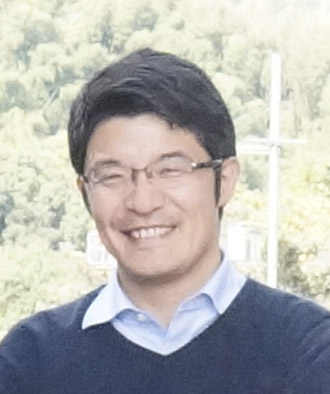Latest Developments in Portable Active Seismic Source (PASS) System
Downtown Houston
Speaker:
Seminar Date: Aug 03 2023
Registration Opens: Jul 12 2023 - Aug 03 2023
Time: 04:00 PM - 05:00 PM (US CDT)
Admission/Registration Link: None
Meeting/Webinar Link: https://attendee.gotowebinar.com/register/9079744364857983584
Contact: Artur Posenato Garcia (VP Downtown, SPWLA Houston Chapter)
Corresponding: vpdowntown@spwla-houston.org
Fees: FREENOTES:
Please register use the link at the end for SPWLA Houston Chapter August 3 webinar on Aug 3, 2023 4:00 PM CDT,
and then use the link below for webinar at:
https://attendee.gotowebinar.com/register/9079744364857983584
After registering, you will receive a confirmation email containing information about joining the webinar.
Brought to you by GoTo Webinar®
Webinars Made Easy®

ABSTRACT:
We have developed a Portable Active Seismic Source (PASS) specifically designed for monitoring CO2 storage reservoirs at a depth of approximately 1 km. By stacking the signals generated by the PASS, we have significantly improved the signal-to-noise ratio of the seismometer data, even at far distances from the source. In a previous study (Tsuji et al., 2019), we confirmed that signals propagated up to ~80 km when using a seismic source of 8000N at 20 Hz, after stacking four months of data. However, since the CO2 storage reservoirs are much smaller in size compared to the signal propagation range, we downsized the seismic source and developed a centimeter-scale PASS. Utilizing the minimal PASS with 19N at 50 Hz, we observed signal propagation of approximately 1 km for horizontal distances (Tsuji et al., 2023). Furthermore, by employing a PASS with 630N at 50 Hz near the wellhead and recording the signal within the borehole Distributed Acoustic Sensing (DAS) system, we confirmed signal propagation to a depth of around 1 km. The reduced size and lower cost of the PASS make it feasible for permanent deployment at multiple locations to ensure continuous monitoring of CO2 storage reservoirs.
BIOGRAPHY:
Takeshi Tsuji received a Ph.D. (2007) from the University of Tokyo, Japan. From 2007 to 2012, he was an assistant professor of Kyoto University. From 2010 to 2011, he stayed at rock physics department of Stanford University. From 2012 to 2016, he was an associate professor of International Institute for Carbon-Neutral Energy Research, Kyushu University. From 2017 to 2021, he was a professor of Kyushu University. From 2022, he is working as professor of School of Engineering, the University of Tokyo.
His research includes geophysics, seismology, hydrology geodesy and planaetary science. He has published >180 peer-reviewed papers and he won awards from the Seismological Society of Japan, the Geological Society of Japan, and the International Union of Geodesy and Geophysics (IUGG). He also received the Young Scientists’ Prize from the Ministry of Education, Culture, Sports, Science and Technology (MEXT) of Japan, and the Western Japan Cultural Award.
